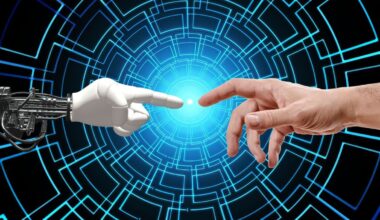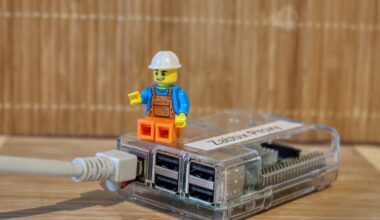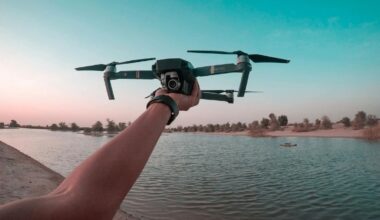Science, for centuries, has been a human endeavor – a quest for knowledge fueled by curiosity, intuition, and painstaking experimentation. But today, a new partner has emerged on the research frontier: Artificial Intelligence (AI). No longer confined to science fiction, AI is rapidly transforming the scientific landscape, pushing the boundaries of discovery and accelerating the pace of innovation.
From Data Deluge to Discovery
Traditional science often grapples with mountains of data, obscuring valuable insights within. AI, with its unparalleled ability to analyze vast datasets, cuts through the noise, unveiling hidden patterns and correlations. This powerful data mining is revealing connections previously invisible to human eyes, leading to breakthrough discoveries in fields like drug development, materials science, and climate research.
Beyond the Lab Bench
AI isn’t just crunching numbers. It’s actively driving experimentation and hypothesis generation. By modeling complex systems and predicting outcomes, AI can guide researchers towards promising avenues of investigation, optimizing experiments and speeding up the scientific process. Imagine designing new proteins, simulating climate change scenarios, or predicting gene functions – all with the assistance of AI’s intelligent simulations.

Unleashing Creativity
AI isn’t a replacement for human ingenuity, but an amplifier. It frees scientists from rote tasks and allows them to focus on creative problem-solving. By automating data analysis and tedious calculations, AI empowers researchers to explore new ideas, design innovative experiments, and collaborate across disciplines.
The Challenges and Cautions
While the potential of AI in science is immense, it’s crucial to acknowledge the challenges. Bias in training data can skew results, and interpretability of AI models remains a hurdle. Addressing these issues through responsible development and ethical considerations is paramount to ensure AI-driven discoveries are accurate, reliable, and beneficial to humanity.
A Symbiotic Future
The true power lies not in replacing human scientists, but in creating a powerful symbiosis. By combining human intuition and expertise with AI’s computational muscle, we can unlock a new era of scientific discovery. Imagine doctors armed with AI-powered diagnostic tools, engineers collaborating with AI to design sustainable cities, or researchers harnessing AI to decipher the mysteries of the universe.
The future of science is not just driven by human curiosity, but by the incredible partnership between human and machine. By embracing AI’s potential with responsibility and imagination, we can embark on a journey of profound scientific progress, one that promises to transform our understanding of the world and shape a brighter future for generations to come.










